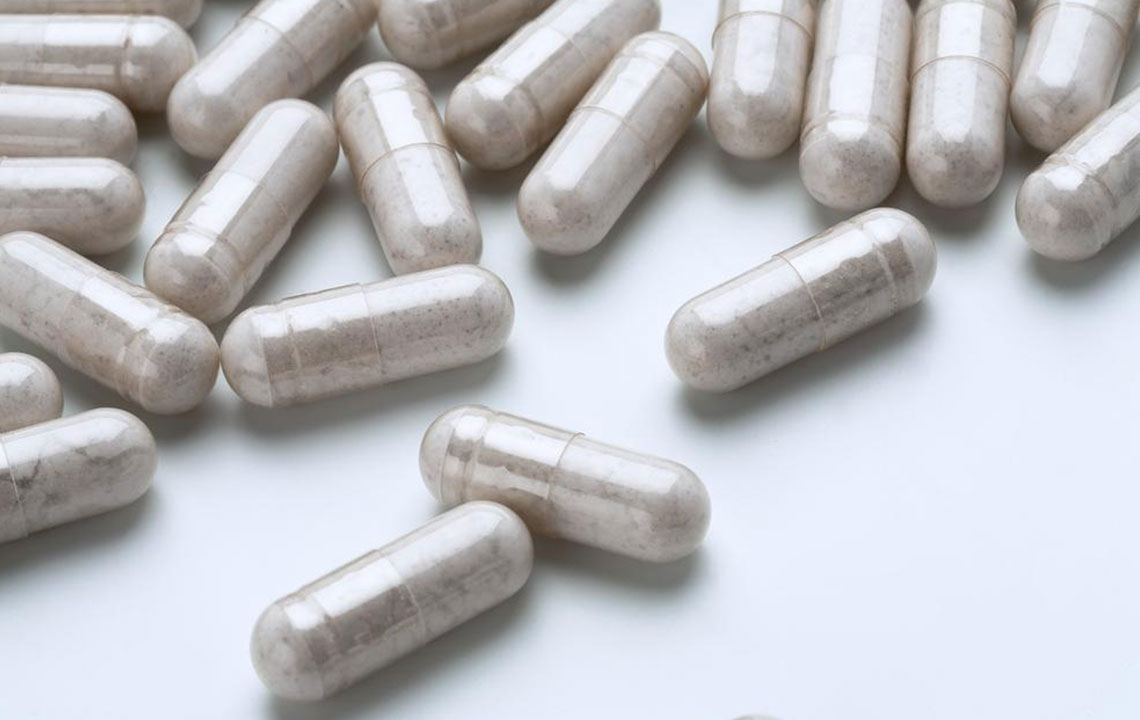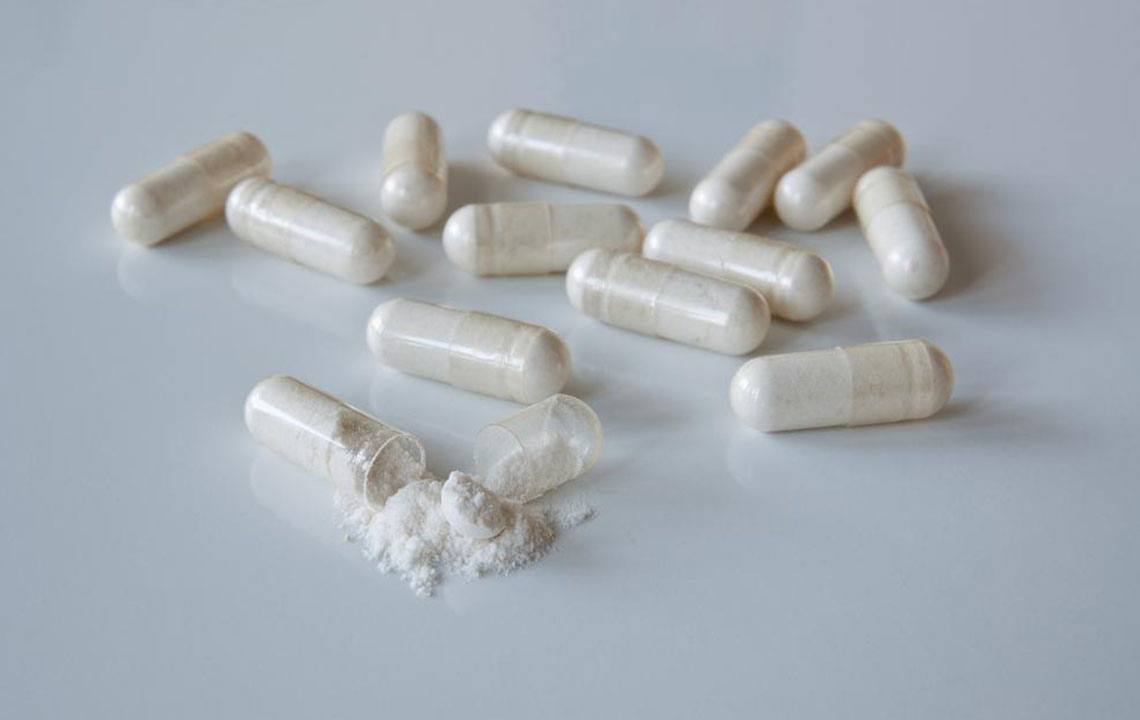Comprehensive Guide to the Benefits and Risks of Probiotic Yogurt
This comprehensive article explores the extensive health benefits of probiotic yogurt, including its role in improving digestion, boosting immunity, and supporting overall gut health. It also discusses potential risks like digestive discomfort, infections in vulnerable populations, and concerns about added sugars. By understanding both sides, consumers can make smarter choices about incorporating probiotic yogurt into their diets, while maximizing the advantages and minimizing the risks of this popular superfood.

Comprehensive Guide to the Benefits and Risks of Probiotic Yogurt
Probiotic-rich foods have gained immense popularity in recent years due to their potential health benefits. Among these, probiotic yogurt stands out as a widely consumed, delicious, and nutritious option. Incorporating probiotic yogurt into your diet can significantly contribute to overall wellness, given its rich profile of essential nutrients such as protein, calcium, and beneficial live bacteria. However, as with any dietary choice, understanding the advantages and potential drawbacks is crucial for making informed decisions about consuming probiotic yogurt regularly.
Probiotic yogurts are specially formulated to include live microorganisms that, when ingested in adequate amounts, provide health benefits to the host. The synergy between these probiotics and the nutrients naturally present in yogurt makes it an excellent functional food. Not only does it promote digestive health, but it can also boost immune function and support overall gastrointestinal balance. Nonetheless, there are important considerations to keep in mind, such as possible side effects and the quality of probiotic strains used in different products.
In this comprehensive guide, we'll explore the many benefits of probiotic yogurt, including its role in maintaining gut health, preventing common digestive issues, and supporting immune defenses. Additionally, we will address the potential risks, including adverse effects in certain vulnerable populations and concerns related to sugar content and shelf life. By the end of this article, you'll have a thorough understanding of whether probiotic yogurt is a suitable addition to your diet and how to choose the best products to maximize health benefits while minimizing potential risks.
Let’s delve into the key advantages and disadvantages of probiotic yogurt to help you make an informed decision about incorporating this superfood into your daily routine.
Enhanced Digestive Health - One of the most prominent benefits of probiotic yogurt is its ability to promote a healthy digestive system. The live bacteria ingested through probiotics can help restore and maintain the natural balance of gut flora, which is essential for proper digestion and nutrient absorption. People suffering from conditions such as irritable bowel syndrome (IBS), inflammatory bowel disease (IBD), or persistent diarrhea often find relief with regular probiotic yogurt consumption. Moreover, probiotics can aid in the reduction of symptoms like bloating, cramping, and irregular bowel movements, contributing to overall gastrointestinal comfort.
Immune System Support - The gut microbiota plays a pivotal role in modulating the body's immune response. Consuming probiotic yogurt helps reinforce this delicate microbial ecosystem, enhancing the body's defenses against pathogenic bacteria, viruses, and other harmful microbes. Some strains of probiotics in yogurt stimulate the production of antibodies and activate immune cells, thereby reducing the likelihood of infections and illnesses. Regular intake of probiotic-rich yogurt has been linked to fewer respiratory infections and improved immune regulation.
Potential to Prevent and Treat Diarrheal Diseases - Diarrhea, whether caused by infections, antibiotics, or other health issues, can be mitigated through probiotic consumption. Several studies have shown that probiotic yogurt can shorten the duration of infectious diarrhea and reduce severe episodes in both children and adults. This makes probiotic yogurt an effective, natural supplement for managing and preventing gastrointestinal disturbances.
Bone and Nutritional Benefits - Beyond probiotics, yogurt is a rich source of vital nutrients like calcium, vitamin D, and high-quality protein. These components support bone health, muscle maintenance, and overall vitality. When combined with probiotics, the absorption of minerals such as calcium may be enhanced, further contributing to strong bones and teeth.
Potential Risks and Side Effects - Despite its many benefits, probiotic yogurt may cause minor side effects in some individuals. Increased gas, bloating, or mild stomach discomfort are common initially, especially when introducing probiotics into the diet. These symptoms usually subside as the gut microbiota adjusts. However, certain populations—particularly those with compromised immune systems, severe illnesses, or specific medical conditions—may face more serious risks. For example, in immunosuppressed individuals, probiotic bacteria can sometimes cause infections such as bacteremia or localized abscesses. People with conditions like short bowel syndrome or those undergoing immunosuppressive therapy should consult healthcare providers before consuming probiotic foods.
Sugar Content and Caloric Considerations - Many commercial probiotic yogurts contain added sugars to enhance flavor, which can contribute to excess calorie intake and negatively impact metabolic health. Sugar levels in flavored yogurts can range from 9 grams to over 40 grams per 8-ounce serving, with calorie counts spanning from approximately 120 to 280 calories. Consumers seeking health benefits should opt for plain or low-sugar varieties, or consider making homemade probiotic yogurt to control sugar content. It's essential to read labels carefully to avoid excessive sugar intake and maintain a balanced diet.
Shelf Life and Storage - The potency of probiotics depends on the viability of the live bacteria in the yogurt. Proper storage in refrigeration is critical to preserve the live cultures' activity. Over time, probiotic strains may decline, reducing their effectiveness. Therefore, paying attention to expiration dates and storage conditions is vital for ensuring that you are consuming the most beneficial probiotic strains.





